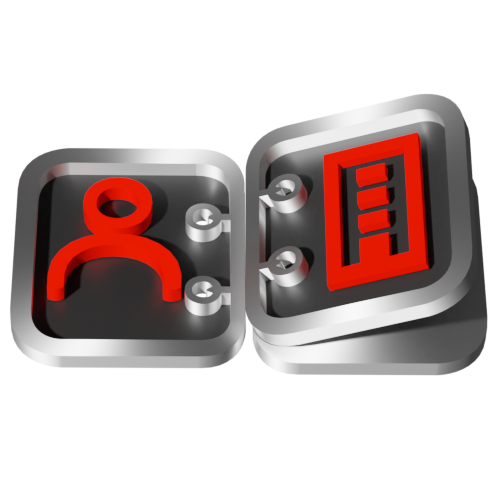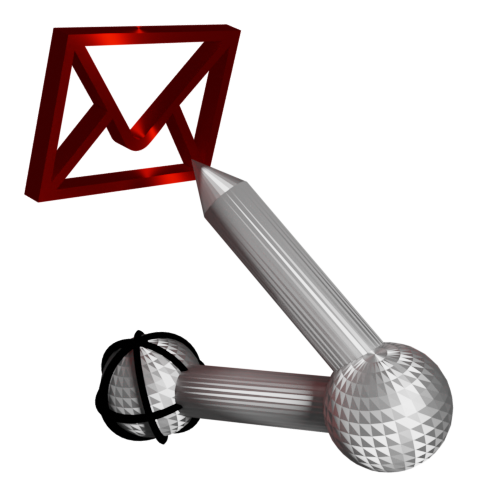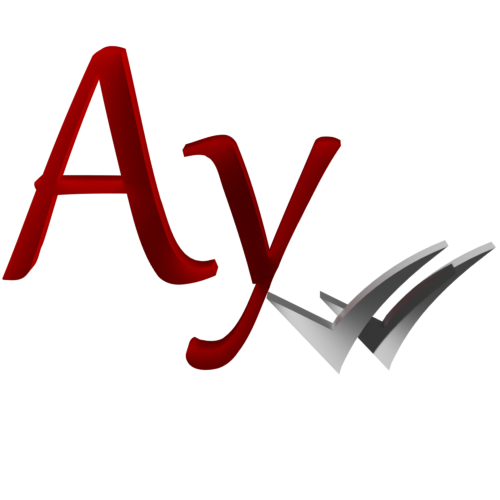AyMINE – Technical documentation
Modules
 Task, project & quality management
Task, project & quality management
Manager approval with the task report
Why some data can't be deleted
Adminitration of areas, projects, calendars
Region / project / methodology
Change management process in a project
GDPR and record of qualifications
Qualification of user or contact
Right to Manage Qualifications
Failure Analysis for an Individual Property of a Component or Process
FMEA – Probability of Detection
FMEA – Probability of Occurrence
 Task, project & quality management
Task, project & quality management
Administration of the Task Management Module
System rights for the task management module
Improvements and Preventive Measures
Methodology and Quality Management systems
What a methodology / QMS consists of
Problems, tickets and their management
Collaborative Resolution of Multiple Problems
Customer Service Response Generation
Incident and Quality Issue Management
Objects affected by the problem
Problems, Incidents, Helpdesk Tickets
Return project plan by baseline
Sample tasks and methodologies of the area
Effect of the task on the right to modify the attached object
The person responsible for the task
Working procedure – task definition
Objects related to the task pattern
 Contacts and directories module (CRM)
Contacts and directories module (CRM)
Order overview for customer groups
 Contacts and directories module (CRM)
Contacts and directories module (CRM)
System Permissions and CRM Module Settings
Send bulk messages in compliance with GDPR
How to correctly forget a person's details
Unsubscribe and set preferences
for bulk mail
 Web management and automation
Web management and automation
Receiving a message from the web
Human resources
Personalistics – User Permissions
Human Resources module security
Manage department / division data
Overview of Personnel Information for pracov# Employment Contract
Synchronizing staff and system users
 Products, assets and sales
Products, assets and sales
Received order for goods or services
Finance management
Metrics and Measurements
Technical Modules
Sabre plugin module
Enterprise Architect connector
Database link to Enterprise Architect database
Enterprise Architect connector
System Modules
 The AyMINE Framework Module
The AyMINE Framework Module
AyMINE — Tips for Mobile Usage
Configure how your system looks and works
Gestures and Keyboard Shortcuts
More about how the system works
Private notes and tags for objects
Overview of Modules and Record Types
Filtering in the list of records
 System Management
System Management
Additional functions with files
Copying and moving files between objects
Files (documents) linked to the object
Formatted texts in the application
Gateway settings for external messages
IMP gateway settings for email communication
Internet Call Gateway Settings
Message with the outside world
 Project baseline
Project baseline 
Baseline is used to store the project status. It allows you to compare changes over time and analyze the evolution of the project
- What the baseline keeps
- What is the baseline used for
- Where the baseline is being worked on
- Where to go next
What the baseline keeps
Baseline allows to record the current state of the project:
- From when – to when the project is planned
- What is its status
- What stages and activities (tasks) are planned
- What is the status of each activity
- How much work has been done on which activity
What is the baseline used for
The project baseline is primarily used to compare the current state of the project with the past. This makes it easy to see the comparison with the saved status:
- Which tasks have been worked on how much and which are not moving
- Which tasks have been rescheduled
- Which new tasks have been created or cancelled
Where the baseline is being worked on
Baselines are available in the project schedule. This can be accessed from the task list, from the project workspace, or even from the main workbench using the icon next to the project.
How baselines are created
Baselines can be created manually or created automatically.
Automatic creation must be set (you must enable the option, it is an additional service).
Where to go next
- Information about working with the schedule
- How to schedule tasks in a project - tutorial
- General information about working with a project is here
- How to revert to an earlier version of the schedule is described in the documentation of the function.